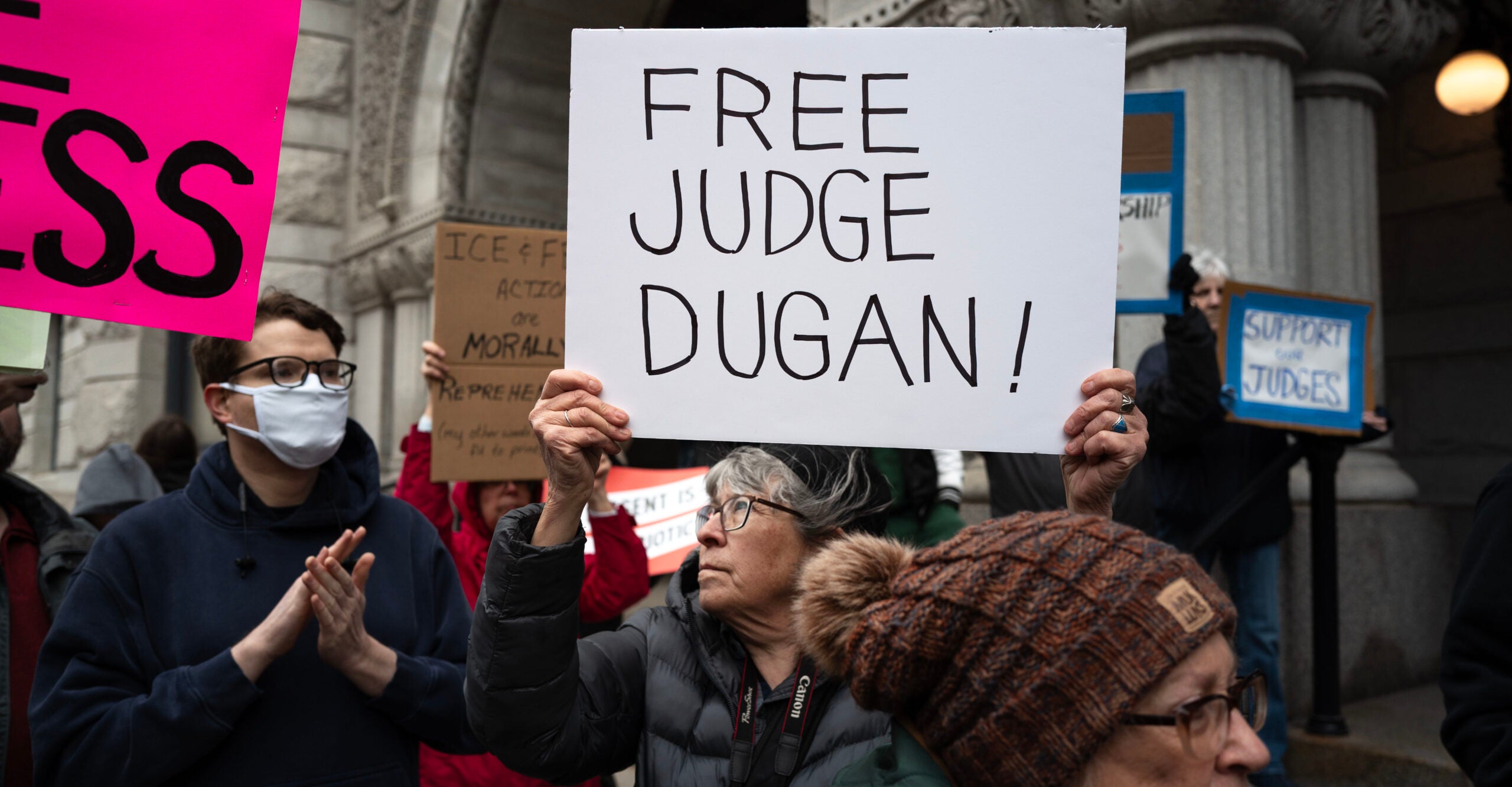How Anthony Edwards shot the Timberwolves back into Game 4, then helped win it

The Timberwolves trailed by 10 at the start of the fourth quarter of Game 4 on Sunday at Target Center. It’s human nature at that point for a star player to feel as though he needs to start forcing the issue to shoot his team back into the game. And that’s exactly what Anthony Edwards did to help send Minnesota back to Los Angeles with a 3-1 series lead in their first-round playoff series against the Lakers. For all the justified talk about how Edwards made the right plays in the final few minutes to secure Sunday’s victory, he got Minnesota back into the game thanks to old habits that delivered a spurt of sensational results. Just 13 seconds into the fourth quarter, Edwards rose up from 28 feet to bury a lengthy triple. The next time down, again down 10 points, he stopped and popped over a pair of Lakers’ defenders to hit another three. There were no passes delivered past half court on that Timberwolves possession. The same was true the next time down, when Edwards dribbled at the top of the floor before wading his way into the paint and missing a contested attempt. Minnesota went away from Edwards to start the next possession. But after Julius Randle drew a foul, Edwards got the ball back on the ensuing out-of-bounds play. He dribbled for 13 seconds before tossing a grenade to Donte DiVincenzo at the end of the shot clock. With just more than 8 minutes to play and the Wolves down nine, Edwards again attacked from the top of the floor, this time hitting the shot he found in the middle of the paint. The next time down he dribbled the ball up the floor, took a couple dribbles at Lakers guard Austin Reaves, then stepped back to bury a triple to bring Minnesota within four with still more than 7 minutes to play. Those four-plus minutes featured the same hero ball that at times sank the Wolves throughout the season. But, man, were they ever swimming this time. Until the well ran dry. Edwards attempted another triple over a double team that misfired with 5 and a half minutes to play. Minnesota scored just seven points over a six-minute span in the frame. Timberwolves coach Chris Finch said Edwards has grown “leaps and bounds” when it comes to finding others in late-game situations and not forcing the issue. But … “I actually thought there were times we could’ve found each other a little bit better,” Finch said. After Naz Reid scored five-straight points, Edwards again came down the floor, isolated up top and took a tough triple try that hit off the iron. But a foul was called on Luka Doncic for hitting Edwards’ wrist and he buried all three free throws. The next time down, with just under 3 minutes to go and the Wolves up by one, Edwards dribbled down the floor, ran toward the baseline and took a tough, 20-foot stepback jumper just 10 seconds into the shot clock that hit off the front iron. Now Finch was upset. As soon as the shot missed, the coach turned toward his bench, threw his arms up and yelled, “Why?” Hero ball had served Minnesota well to get back into the game, just as it had in many memorable stretches in the past. But once the hot hand cools, you have to shift back to better basketball. It’s awesome to be a team’s home-run hitter, but sometimes you have to hit for contact. Edwards hasn’t always grasped that concept. He did Sunday. That mid-range jumper was his last field goal attempt of the game. The next time down the floor, Edwards pressed the blitzing defense and beat the two defenders to the baseline to draw a third Lakers body. Just as was the case in Game 3, when he hit Reid for an open triple, Edwards knew one of his teammates would be open on the wing. This time, it was Donte DiVincenzo, who attacked the Reaves’ closeout and got to the bucket for an and-1 layup. Two trips later, the Lakers again blitzed Edwards, who made the simple pass to a nearby Reid. Reid got into the lane and dumped it off to Jaden McDaniels, who completed an easy and-1 flush to put Minnesota on top for good. “He just took over in the second half. Had it going,” Finch said. “Super aggressive, and I think there was only one really bad shot that he took in the last few minutes. But other than that, I thought he did a great job.” While “Hero Ball” carries a negative connotation, Minnesota doesn’t want to completely discourage Edwards. He has to have the leash to deliver the special runs like he had at the beginning of the fourth quarter to make a comeback possible. However, those runs often don’t win you games, but rather put you in a position to do so by executing down the stretch. Edwards is beginning to understand how to fill both roles. “You could see it in his eyes that he was going to make the play. He was going to bring us home,” Finch said. “Now he’s hitting way more doubles and singles, and those plays are timely. He’s still being aggressive for himself, committing the defense. I think he has an understanding where the defense is going to be when he starts and when he ends his play.” The results are showing. “He’s been real meticulous with what he’s doing late in the games. He’s taking his time, really sizing up the defense, understanding where guys are going to be on the court, taking what’s there and available,” Wolves guard Mike Conley said. “He had the three going there for a little bit, then he started getting downhill, making plays. So just happy with him being able to seek out different matchups and take advantage.”

















